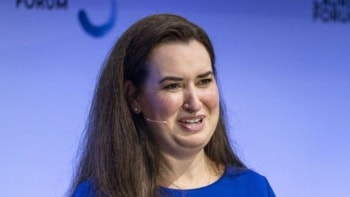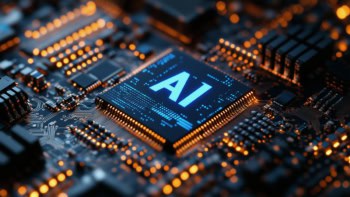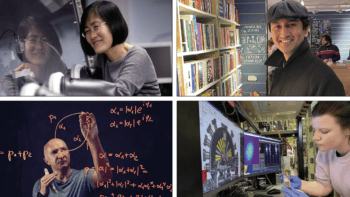When discussing the capabilities of the latest AI chatbots, a physicist may argue: “Okay, they’re impressive at regurgitating texts that sound increasingly human. But we physicists don’t have much to worry about. It will be ages before the bots learn to grapple with physical concepts and the creativity required to do real physics!”
Such a view is almost certainly misguided. In a recent paper uploaded to arXiv, Colin West from the University of Colorado Boulder reported that the latest version of ChatGPT (built on GPT-4) scored 28 out of 30 on a test designed to assess students’ grasp of basic Newtonian mechanics. The previous version (GPT-3.5) managed just 15 correct answers, and neither version had any explicit programming regarding the laws of physics. Can you imagine the improvement 20 years from now?
In the latest episode of the Physics World Stories podcast, Andrew Glester considers how the exponential improvement in GPT (and other large language models) will change the way we teach and practise physics. Should we be excited or scared? Should physics courses ban or embrace the use of AI chatbots? What are the skills that future physics will need? Will physics cease to exist as a discipline in the way we understand it now? These are just some of the existential questions tackled by two guests from the University of Nottingham: Philip Moriarty, a nanotechnology specialist; and Karel Green, an astronomy PhD student and Physics World contributor.



